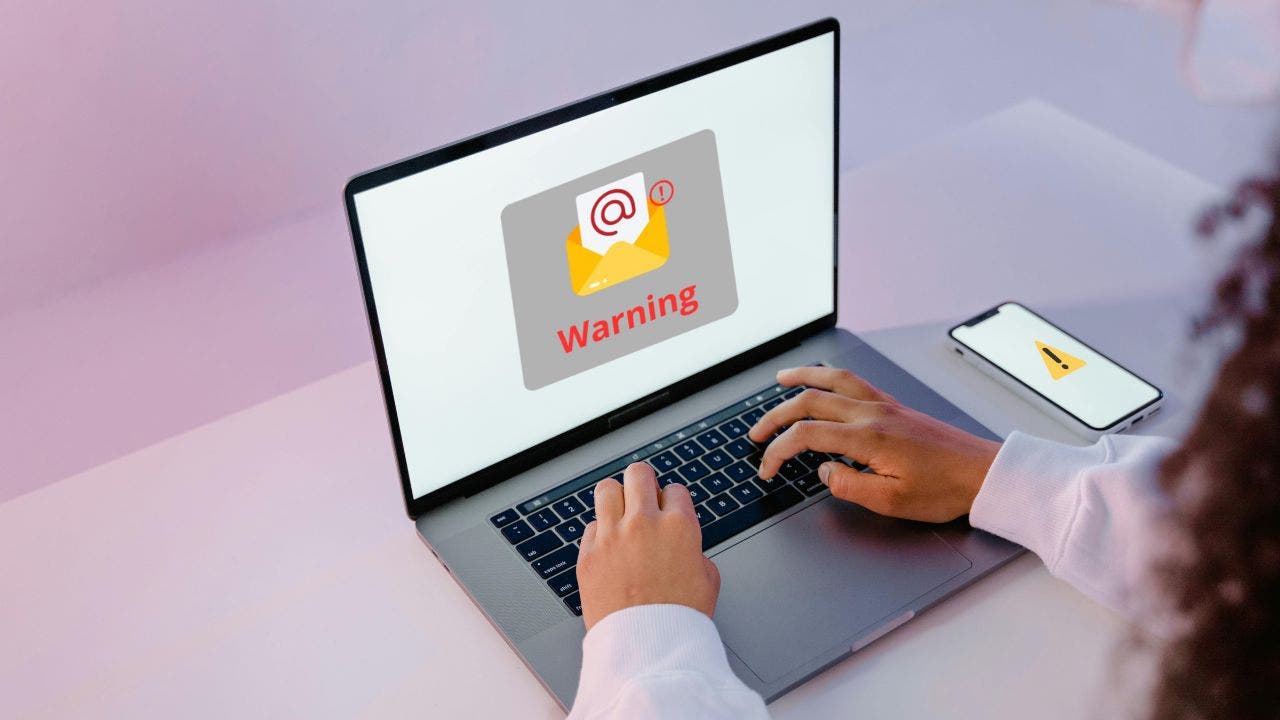President Donald Trump signed an executive order on March 6, 2025, that laid the groundwork for a strategic Bitcoin reserve and a broader U.S. digital asset stockpile, starting with Bitcoin already seized in criminal and civil forfeitures.
Proponents argue the reserve will financially benefit taxpayers and signal U.S. leadership in digital finance. Critics warn that it makes little sense for the U.S. government to hold a volatile asset that has no intrinsic value or strategic economic purpose, and caution that both political donations and the Trump family's financial interests in crypto pose potential conflicts of interest.
Key Takeaways
- President Trump has signed an executive order creating a strategic Bitcoin and digital assets reserve.
- The reserve will be established with seized crypto assets held by the Treasury.
- The goal is to ensure America's position as leader in the crypto space and to provide a potential cushion to economic instability.
- Critics say it offers little strategic value and is rife with potential conflicts of interest.
Rationale for the Strategic Bitcoin Reserve
The strategic crypto reserve grew out of Trump's promises during the 2024 election campaign, when he vowed to roll back regulations imposed under the Biden administration and make the U.S. the “global hub for digital assets." He also pledged to appoint an AI and crypto "czar" to champion innovation in blockchain technologies.
His pro-crypto platform reflected growing interest in digital-asset diversification, and Bitcoin’s capped supply and global use case as “digital gold” underpin arguments for its inclusion alongside petroleum, dollars, gold, and foreign currencies.
Holding Bitcoin may confer some strategic advantages. It is an uncorrelated diversifier and a perceived store of value. Moreover, as corporations like GameStop and MicroStrategy add bitcoin to their treasuries, government adoption could spur wider institutional acceptance.
But not everyone sees the logic behind the order. Strategic reserves traditionally store commodities like oil to cushion supply shocks. (The U.S. also has reserves of gold, critical minerals, and even cheese.) Critics argue that cryptocurrencies hold no intrinsic value (like gold or cheese) or key strategic commercial application (like oil). In addition, they say, holding large quantities of a highly volatile asset risks financial losses for taxpayers.
Creation and Capitalization
Under the executive order, all bitcoin forfeited to the U.S. Treasury through criminal or civil proceedings are to be transferred into custodial accounts collectively named the Strategic Bitcoin Reserve. Each federal agency will also review and report on any additional bitcoin it holds and transfer it to Treasury if eligible. The U.S. government's Bitcoin holdings are estimated to be worth at least $17 billion
While initial capitalization relies solely on forfeited assets, Trump's order explicitly authorizes the Secretaries of the Treasury and Commerce to develop "budget neutral" strategies for acquiring additional bitcoin—including open‑market purchases.
Management and Strategy
The Treasury will establish a dedicated office to administer the reserves, with authority to deploy various strategies—such as dollar‐cost averaging and hedging—to manage holdings. The amount held will be publicly attested and visible on the blockchain as proof-of-reserve.
Importantly, the governing framework prohibits any sale of held bitcoin; all holdings must be maintained as a strategic store of value.
Crypto Regulation
Despite Trump's order, digital assets remain subject to a complex patchwork of regulation across multiple layers of government—state and federal. They range from stringent licensing regimes to proactive encouragement of blockchain businesses.
U.S. Digital Asset Stockpile
In parallel to the Strategic Bitcoin Reserve, Trump's Executive Order also calls for a U.S. Digital Asset Stockpile to manage non‐bitcoin digital assets seized by Treasury. This broader stockpile could include tokens like ether, ripple, solana, and cardano, as outlined in Trump’s Truth Social posts, enabling strategic disposition or sale over time.
Critics say the inclusion of these other coins makes little sense, amounts to picking winners, and risks distorting the market. Unlike Bitcoin, which is not a product of any company or person, the coins in the broader stockpile are all commercial assets. Some note that their selection will benefit crypto billionaires who contributed to Trump's campaign.
The Bottom Line
The Strategic Bitcoin Reserve marks an unprecedented step toward integrating digital currencies into the national financial architecture. While this initiative could help solidify the U.S. crypto industry as a global leader, concerns remain about the reserve's strategic value and potential conflicts of interest involving Donald Trump and his family.
.png)
 1 week ago
19
1 week ago
19









 English (US) ·
English (US) ·